The Bureau of Internal Revenue (BIR) has just released Revenue Regulations (RR) No. 6-2013 dated April 11, 2013 which amends BIR RR No. 6-2008, or the Consolidated Regulations Prescribing the Rules on the Taxation of Sale, Barter, Exchange or Other Disposition of Shares of Stock Held as Capital Assets.
Why is this RR important? It is important because it has a significant impact on tax planning initiatives involving real estate kept in corporations. In other words, it plugs a tax loophole.
BIR RR No. 6-2013
You may read BIR RR No. 6-2013 below, just click on the full-screen button at the bottom right.
Tax advantages of booking real estate in a corporation
You may have heard of people putting real estate in the name of corporations instead of their own names, and wondered how exactly that helps them.
Fair warning, this will be a long discussion, but I will attempt to explain this in layman’s terms. Please take note that this will be an overly simplified version for information purposes only. Consult your lawyer for legal advice about your particular circumstances.
Before RR 6-2013
Previously, the fair market value of a share of stock not traded in the stock exchange was based on the corporation’s book value per share.
In accounting for real estate, the asset is recorded at acquisition cost. Meaning, if you bought a piece of land fifty years ago at P5,000.00 and put it in a corporation, the book value of that land will still be P5,000.00 today (unless an appraisal increase was recorded). If instead of land it was a house and lot, technically, the book value will be lower because of depreciation on the house.
What are the taxes if you want to sell the land?
Since the land is booked in the corporation (and it is possible that the corporation has no other asset other than the land), you have a choice of either a) having the corporation selling the land or b) selling the shares of the corporation which holds the land.
Under a), if the land is an ordinary asset of the corporation, the corporation will be subject to 12% VAT, plus income tax which shall be based on the difference between the highest among the selling price, BIR zonal value, and tax declaration value, and the cost (which we expect to be high since the historical cost is so low).
If the land is a capital asset, the corporation will be subject to capital gains tax on the sale of land, which shall be 6% of the highest among the selling price, BIR zonal value, and tax declaration value, without taking the cost into consideration as a deduction.
[Note: You may want to revisit my previous post on the difference between an ordinary and a capital asset.]
Under b), instead of having the corporation sell the land, you will sell the shares of the stock of the corporation which holds the real estate (and the shares are not traded in the stock exchange).
The owner of the shares will then be subject to capital gains tax on the sale of shares not listed in the stock exchange, which is 5% on the first P100,000.00 gain and 10% on the gain in excess of P100,000.00.
Since the tax is on the gain (meaning selling price less acquisition cost), the tax will be less compared to capital gains tax on the sale of real estate which is based on presumed gain.
If a person has an intent of evading the payment taxes, the selling price may be understated to be just a little over the book value of the shares, so the gain will be lower and consequently, the taxes will be lower as well.
Plugging the tax loophole
Under RR 6-2013, the fair market value of shares not sold on the stock exchange is now determined using the Adjusted Net Asset Method. Under this method, all assets and liabilities are adjusted to fair market values. The value of the share shall be the adjusted asset value minus the liability.
RR 6-2013 specifically stated that the appraised value of real property at the time of sale shall be the higher of –
- The fair market value as determined by the Commissioner, or
- The fair market value as shown in the schedule of valued fixed by the Provincial and City Assessors, or
- The fair market value as determined by Independent Appraiser.
Note that based on RR 6-2008, the net capital gain is computed as selling price less acquisition cost. Selling price was further defined as (among others) – in the case of cash sale, the selling price shall be the total consideration per deed of sale. It was defined further that, “In case the fair market value of the shares of stock sold, bartered, or exchanged is greater than the amount of money and/or fair market value of the property received, the excess of the fair market value of the shares of stock sold, bartered or exchanged over the amount of money and the fair market value of the property, if any, received as consideration shall be deemed a gift subject to the donor’s tax under Sec. 100 of the Tax Code, as amended.”
What are the implications?

The effect of this regulation is to raise the fair market value of the shares while maintaining its cost. Thus, in order to avoid donor’s tax in situations where the fair market value is higher than the selling price, the selling price should be at least the same as the fair market value – this in turn raises the taxable net capital gain.
Furthermore, since there is a specific mention of real property, I foresee that the evaluation of requests for Certificates Authorizing Registration (CAR) on the sale of shares of stock of corporations with real estate assets will be stricter.
Will this have an effect on estate tax?
Some people put their real estate assets in corporations for estate tax purposes. This is partly because it is easier to transfer shares of stock compared to real estate.
The net estate shall be based on the fair market value of the properties at the time of death. The definition of fair market value of shares not traded in the stock exchange for purposes of estate tax (as stated in RR 2-03) has not changed, to wit:
“In the case of shares of stocks, the fair market value shall depend on whether the shares are listed or unlisted in the stock exchanges. Unlisted common shares are valued based on their book value while unlisted preferred shares are valued at par value. In determining the book value of common shares, appraisal surplus shall not be considered as well as the value assigned to preferred shares, if there are any.”
Thus, this regulation should have no effect on estate tax.
What about donor’s tax?
As previously mentioned, in cases where the fair market value of the shares not traded in the stock exchange exceeds the selling price, the difference shall be subjected to donor’s tax.
With regard to shares not traded in the stock exchange which are donated, there is no clear definition of fair market of value. It may be argued that the definition of fair market value as applied to estate tax should be applied (that is, book value), since transfer via liberality and inheritance are similar.
Is there any other tax planning solution?
Definitely, for future transactions, there are still ways to get around this (trust the tax practitioners to come up with something). However, for those who did not see this coming, this will have an effect on the tax plan.
I wonder though if there would be anyone willing to contest this RR. What about you? What are your thoughts?
Cherry Vi M. Saldua-Castillo
Real Estate Broker, Lawyer, and CPA
PRC Real Estate Broker License No. 3187
PRC CPA License No. 0102054
Roll of Attorneys No. 55239
Connect with me in LinkedIn
2013 Internal Education Head, REBAP-LMP
Text by Jay Castillo and Cherry Castillo. Copyright © 2008 – 2013 All rights reserved.
Image credit: The image “Tax” is courtesy of Renjith Krishnan / Freedigitalphotos


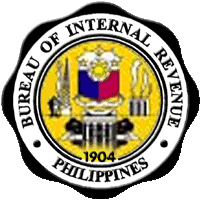
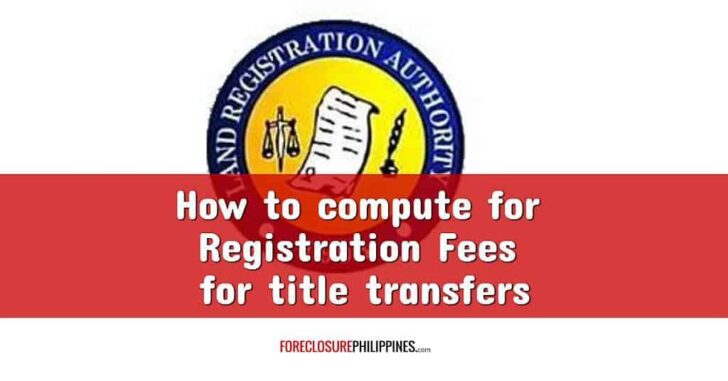
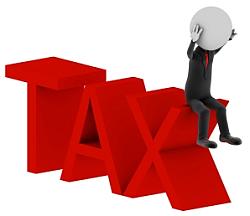

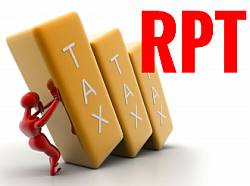
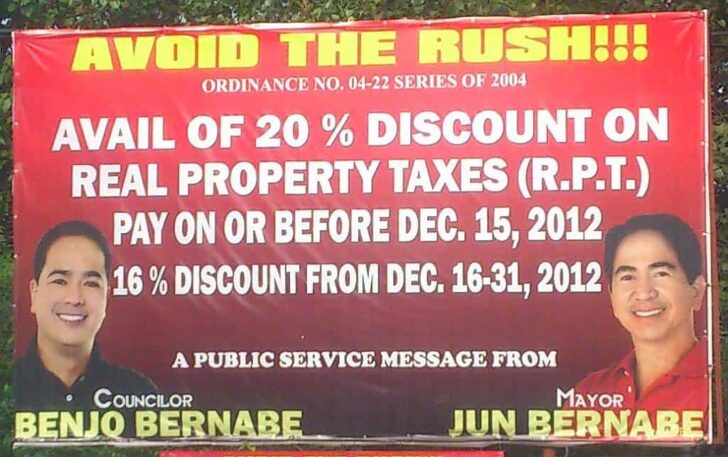
Pingback: SEC Releases Guidelines On Asset Valuations Including Real Estate
Pingback: Our Top 10 Real Estate Investing Blog Posts For 2013
Nice article in here for better understanding of readers. We share with Cherry the advocacy towards tax education.
Here is a very good article on the subject: http://www.sgv.ph/share-transfer-transactions-by-jonald-r-vergara-june-24-2013/
I found a material misstatement in this article. For purposes of computing CGT, gain on sale of shares not traded in the stock exchange is Selling price less Acquisition cost and not Selling price less FMV.
Thank you Sir for pointing that out. I have re-read everything and edited the post accordingly.
Best regards,
Cherry
As far as I know, only the straight-line depreciation is considered in the Philippines (as against accelerated depreciation in other countries such as those in EU). The primary difference is with accelerated dep, you get the benefit of the tax shield from the depreciation sooner, and with the principle of time value of money, a higher net value. Not sure about the length, but I see anywhere between 5-7 years.
Not sure, but I’m thinking one possible workaround to this regulation is to “award” the property as part of an individual’s retirement package from the corporation, in which case, under RA 4917, it becomes tax-exempt?
hi cherry. what is the guideline on depreciation when buying real estate properties (such as house and lot or condominium units). what is the typical length to depreciate this type of properties? thanks.